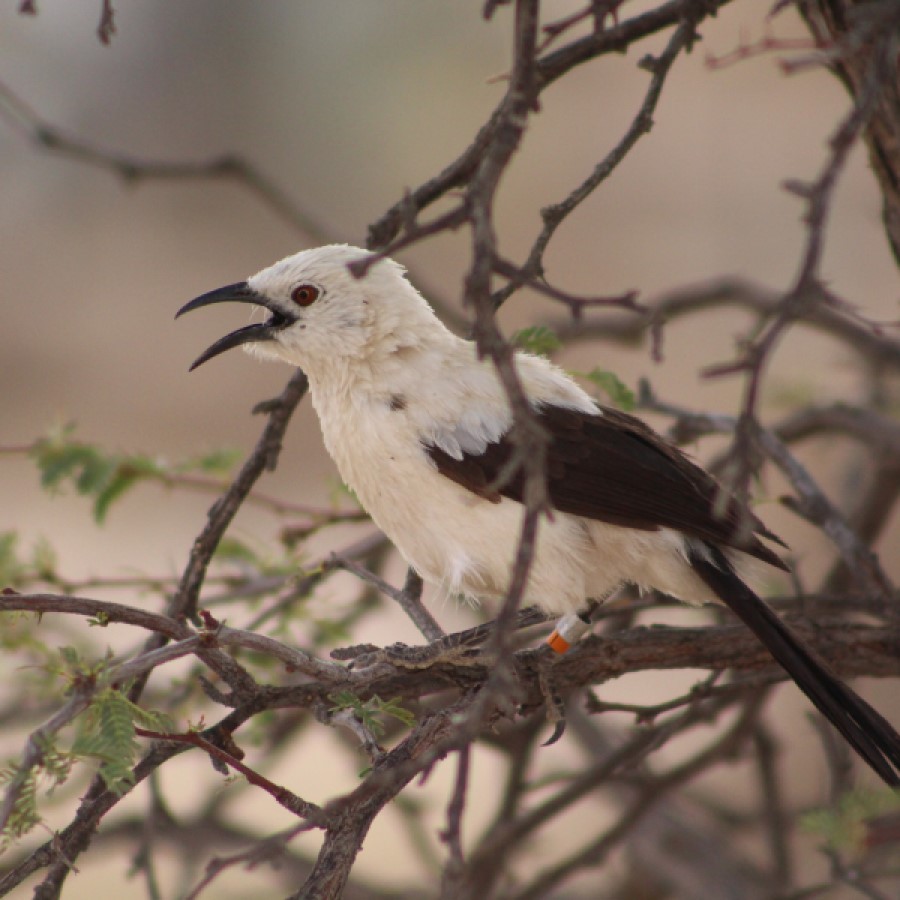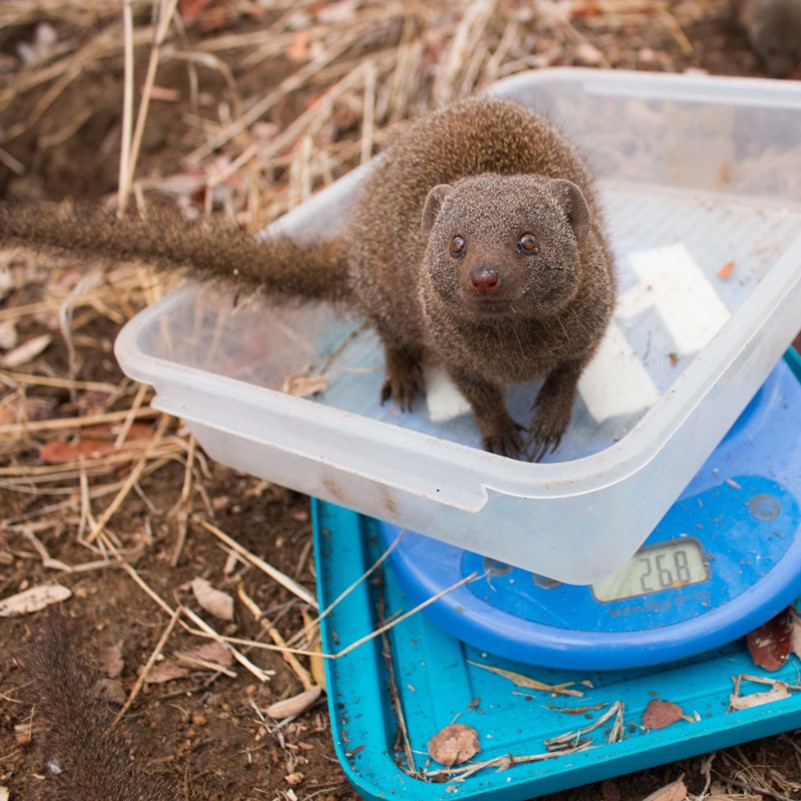A new study in Proceedings B analyses large citizen science datasets to derive trends in invertebrate occupancy. First author Francesca Mancini, from the UK Centre for Ecology & Hydrology, tells us more about the study and their findings.
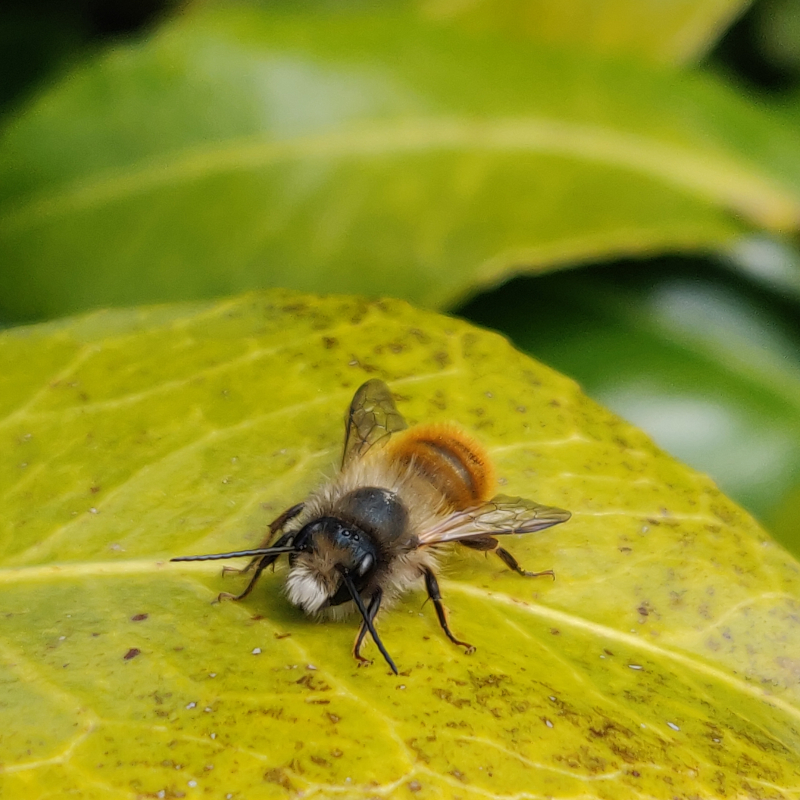
A new study in Proceedings B analysed large citizen science datasets to derive trends in invertebrate occupancy in Great Britain between 1990 and 2019. They found that invertebrate groups were declining the most in croplands despite improved policies on cropland management. First author Francesca Mancini from the UK Centre for Ecology & Hydrology, tells us more about the study and their findings.
Summary of the paper
Throughout the western world, landscapes have changed drastically over the last century, with agriculture being one of the main drivers of land use change. Since the 1940s, the way we farm our land has been transformed through technological innovations and agricultural policies. Intensive agricultural practices, such as mechanisation and agrochemical use, have played a critical role in increasing food production, but at a cost to biodiversity. Invertebrates represent one of the most biodiverse groups in agricultural systems, and support key ecosystem processes and functions, from pollination to pest control. They are also particularly sensitive to intensive farming practices, such as mechanisation and pesticides. Since the 1990s there has been an ongoing attempt to mitigate these negative impacts. A fundamental question is how invertebrate biodiversity has responded to the expansion of arable and horticultural crops (cropland) over the last three decades, and the effectiveness of policy attempts to mitigate the negative effects of agriculture.
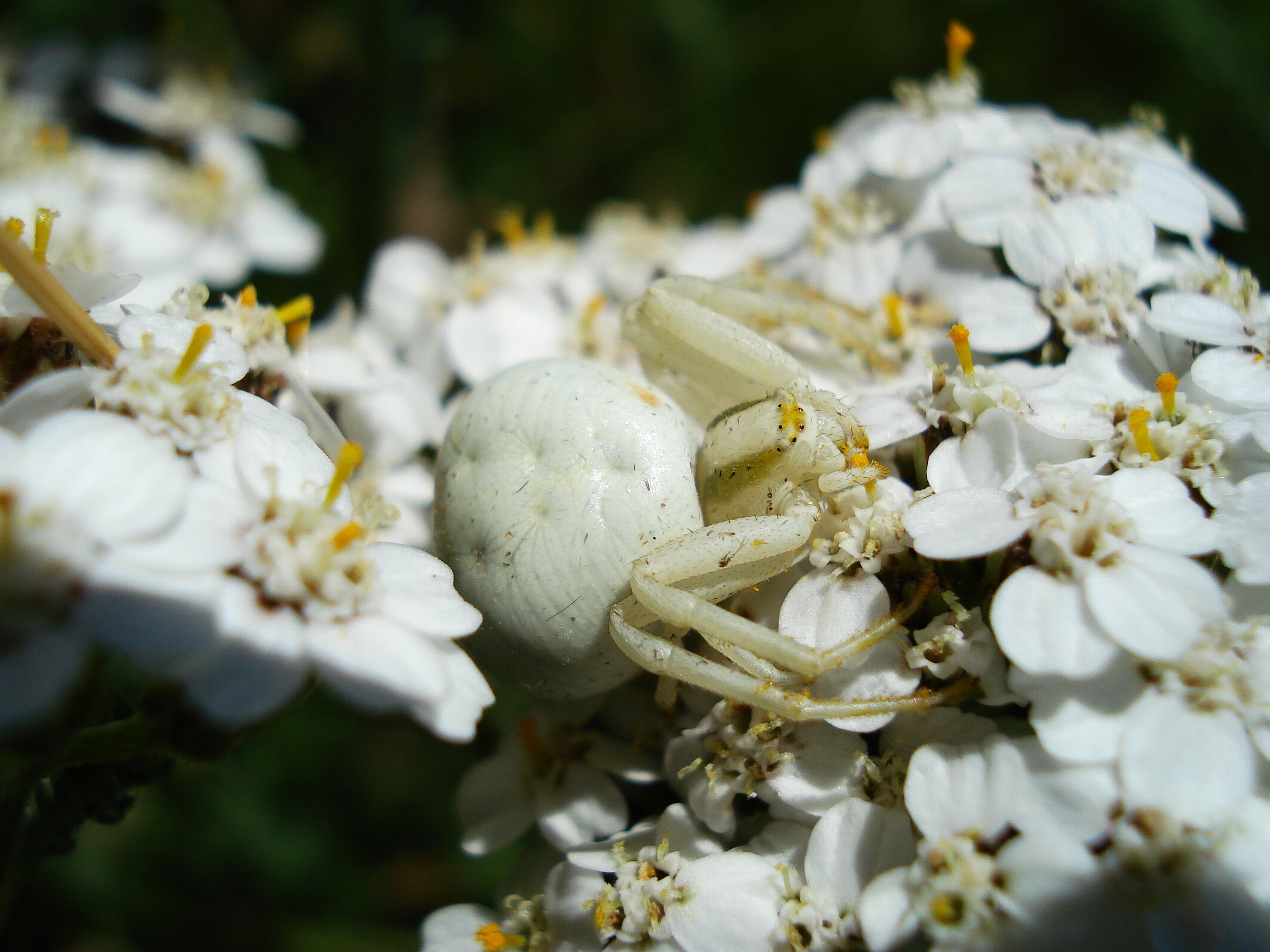
We used citizen science data for 1990 - 2019 to derive trends in the distribution of 1,535 species of bees, hoverflies, ground beetles, ladybirds, true-bugs and spiders across Great Britain. We divided the landscape into regions of high-, low- and no- cropland cover, as a proxy for agriculture intensity and we then compared species trends across these regions. We found that invertebrates were declining across Great Britain, but that declines were stronger in regions of high cropland cover. This effect was strongest for bees and spiders, possibly as they rely strongly on resources found in semi-natural habitat. These results suggest that even with improved agri-environment policy over the last 30 years we are failing to conserve and restore invertebrate communities at the national scale. While the pressure for food production and maintaining farmer livelihoods must be taken into account, these findings should be a wake-up call to review the effectiveness of current policies and consider what additional measures are needed to reverse or at least halt biodiversity loss. New philosophies to farming, such as regenerative agriculture, may provide opportunities to reverse these biodiversity declines but, given the current trends, we are facing a significant challenge.
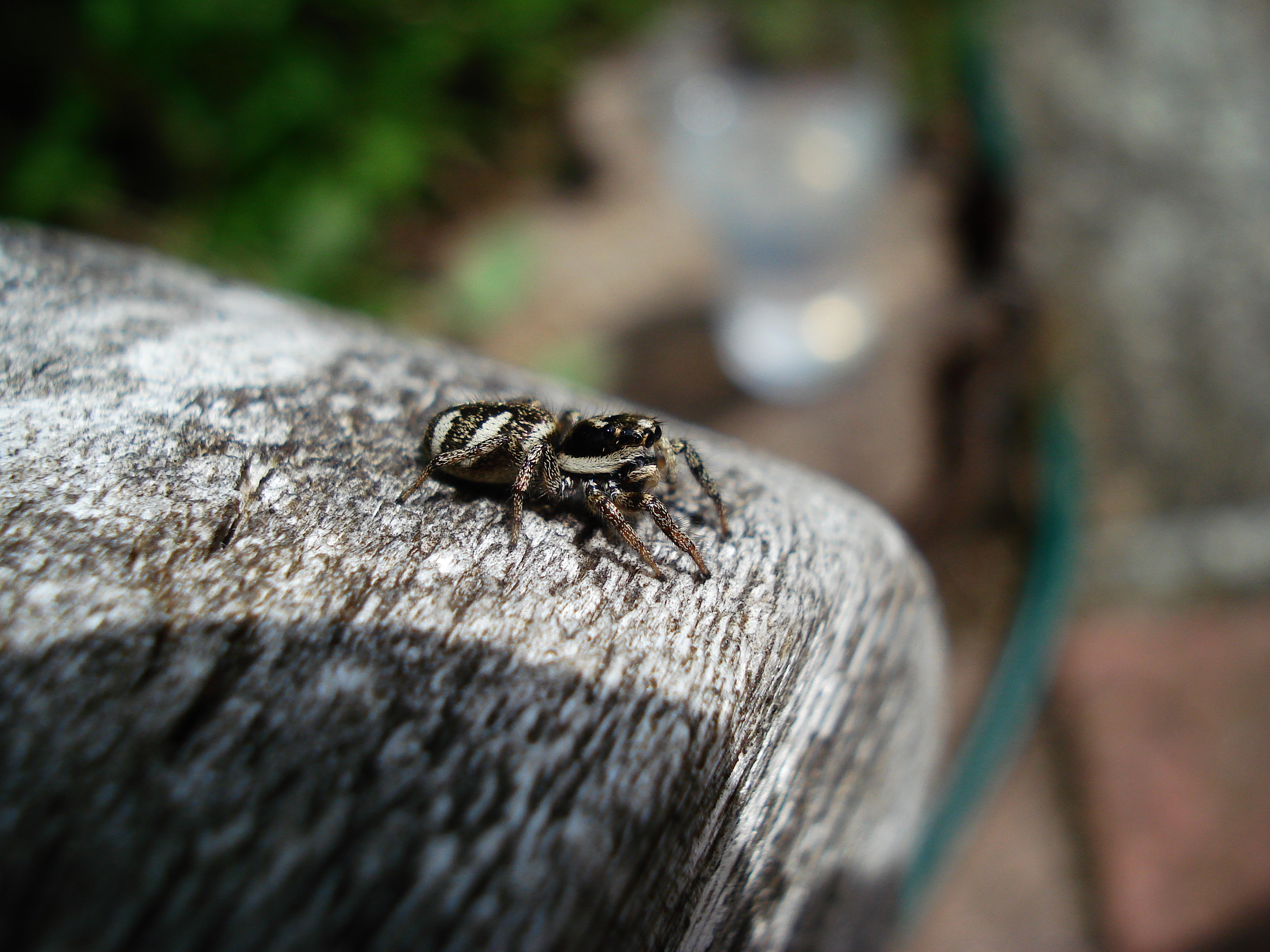
About the authors
Francesca Mancini is an ecological modeller at the UK Centre for Ecology & Hydrology, using citizen science data to understand how and why biodiversity is changing. Her work is transdisciplinary, working in collaboration with stakeholders in nature conservation to translate research outputs so that they can be used to inform nature recovery efforts.
Rob Cooke is an ecological modeller at the UK Centre for Ecology & Hydrology. His research focuses on understanding how and why biodiversity is changing. He works across a wide range of taxa, spatial scales, and time periods - although most of the research questions he’s interested in fall under the disciplines of ecology, conservation, and biogeography.
Ben Woodcock is an Ecological Entomologist at the UK Centre for Ecology & Hydrology. He is involved in research that develops applied management solutions to enhancing ecosystems service delivery and biodiversity within arable and grassland ecosystems.
Arran Greenop was a research associate at the UK Centre for Ecology & Hydrology. His work focused on the mechanisms driving pollination and pest control ecosystem services with a particular focus on species traits. Arran is now a data scientist.
Andrew Johnson is an environmental research scientist at the UK Centre for Ecology & Hydrology. His research focuses on assessing risks, and more importantly the impacts, of chemicals and substances in the environment. He was the Principal Investigator on this project funded by NERC.
Nick Isaac is a macroecologist at the UK Centre for Ecology & Hydrology. He studies how biodiversity is distributed in space, how it is changing over time, and how we measure it. His research combines statistical analysis with the development of tools for making robust inferences from noisy data.
What was your experience like publishing in Proceedings B?
Overall it was very positive. I really appreciated receiving updates from the Proceedings B Team whenever there were delays and overall I thought the review process was quite quick. It’s also great to have the opportunity to write a blog post about the paper so that it can reach a wider audience.
Proceedings B is looking to publish more high-quality research articles and reviews in ecology. If you have an idea for a review, we strongly encourage you to submit a proposal by completing our proposal template and sending it to the journal. More information about the journal and the submission process can be found on our website.
Image credits: Rob Cooke (for all images).

